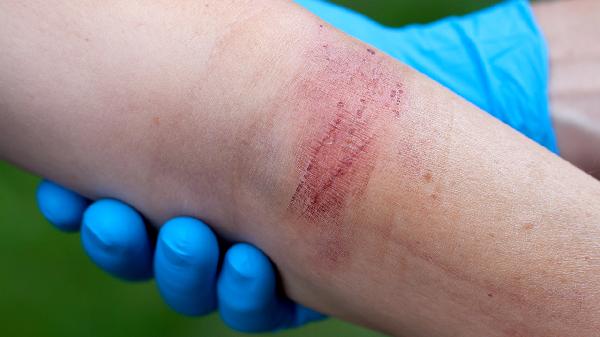If you’ve ever felt that post-workout high—that mental clarity and mood boost after breaking a sweat—science is backing you up big time. A groundbreaking new study has pinpointed exactly how much exercise you need to slash your risk of depression, and spoiler alert: it’s less than you might think.
The Magic Number: 2.5 Hours Per Week
Researchers crunched the data and found that just 150 minutes of moderate exercise per week—think brisk walking, cycling, or even dancing like nobody’s watching—can cut your depression risk by a whopping 25%. That’s only about 20 minutes a day. Even better? The benefits kick in regardless of age, gender, or fitness level. So whether you’re a gym rat or a couch potato looking to make a change, the bar is refreshingly low.

Why Exercise Works Like a Natural Antidepressant
Exercise isn’t just about sculpting abs or crushing personal records—it’s a legit brain booster. When you move, your body releases endorphins (those feel-good chemicals), reduces inflammation, and even promotes the growth of new brain cells in areas linked to mood regulation. It’s like hitting the reset button on stress and anxiety. Plus, the routine of regular movement can give you a sense of control and accomplishment, which is major for mental health.
The Best Types of Exercise for Your Mind
Not all workouts are created equal when it comes to mental health perks. While any movement counts, studies suggest that:
The key? Pick something you actually enjoy. Forcing yourself to run when you hate it won’t do your mind any favors.
Small Steps, Big Impact
If 150 minutes sounds daunting, start small. A 10-minute walk around the block, a quick living-room dance party, or even gardening can add up. Consistency trumps intensity—showing up for just a little movement most days is way better than going all-out once and burning out.
Bottom line: Your brain is begging you to move. And with depression rates climbing, carving out a couple hours a week for exercise might be one of the simplest, most powerful ways to protect your mental health. So lace up those sneakers—your mind will thank you.
























